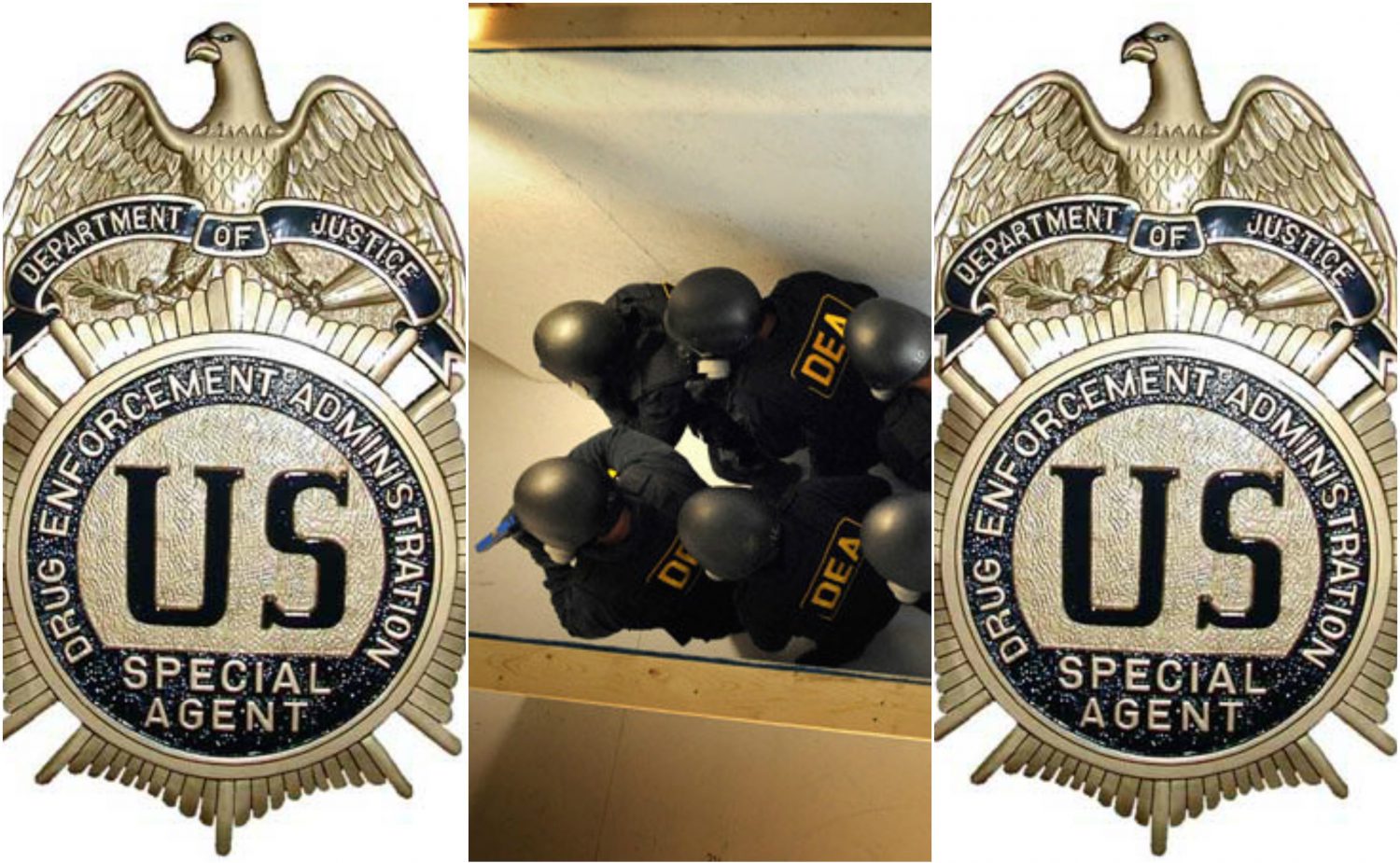You noticed yesterday that you lost your car in the Wal-Mart parking lot for third time this month. This morning you looked through you address book and saw that most of the names for your entries end in M.D. You disregard this and head out to breakfast. Woops, you can’t read the menu at the local Perkins Pancake House. Hum, must be the lighting, right? Nope, you guessed it, you have hit 50, and you are officially middle aged. But what to do if you are still active in a profession where fitness is not just an optional accessory, but essential to your survival? Clearly, you have some choices. On the one hand, you could take it easy and go hang out at the local Panera with the other retired or soon to be retired agents and cops. This is tempting. There are plenty of other people your age there, the food is good, and you can read the newspaper free of charge if you play your cards right. If on the other hand, you are like me and you want to maintain your level of fitness the question arises, how to do it?
After 25 years with the Drug Enforcement Administration, I learned a few things. One of those skills was learning to do things “the DEA way.” The DEA way is best described as keeping it simple, stupid. I once had a wise old agent tell me “Don, if you can’t fit your operational plan on the back of a paper bag, its too darn complicated!” I think that sums up the culture of my former organization nicely. And the DEA way works well. Our people got the job done and always punched above their weight in terms of results obtained verses resources available. Okay, so how does this work with respect to fitness? Certainly, there are a couple more pieces to the puzzle than just working out. Nutrition, for example, plays into it too, as does quality medical care. However on the workout side of the house, all you need is 30 minutes, something heavy, a pair of walking or running shoes and a timer. On days you want to work your cardio, walk briskly or run for a max of 30 minutes. On days you want to strength train, grab a sandbag, dumbbells or a weight plate, find a place to train, set your timer for 30 minutes, and do circuits of upper body exercises followed by lower body exercise with little or no rest in between movements. These moves can be push ups, squatting with a weight, burpees, pressing a weight over your head, etc. Push yourself as hard you can. When the timer goes off, you are done.
I witnessed the effectiveness of this system firsthand the last time I went on temporary duty to DEA’s Tactical Safety and Survival Unit at our academy. Taking a break from my desk and the chore of editing our agency’s defensive tactics manual, I sat down for a talk with one of the instructor cadre. How, I asked, when every one of you is over 40, do you guys stay in such great shape? Especially when you have to set an example for young agents half your age? Do you take anything special? Is there some secret piece of equipment hidden in the bowels of the academy that only you can use? Nope, the instructor answered, we don’t have any of that. We just circuit train for 30 minutes a day, three times a week and do cardio the other three days. Uh? That’s it? Apparently it was. Enough said.
